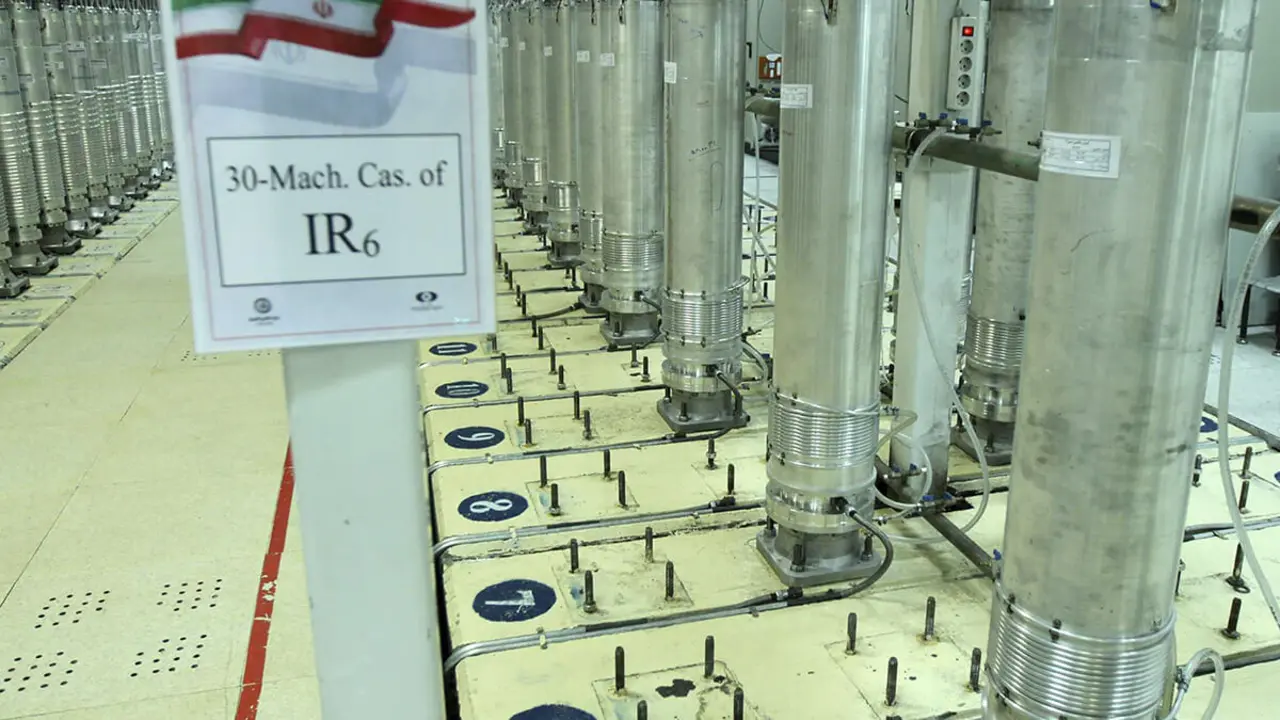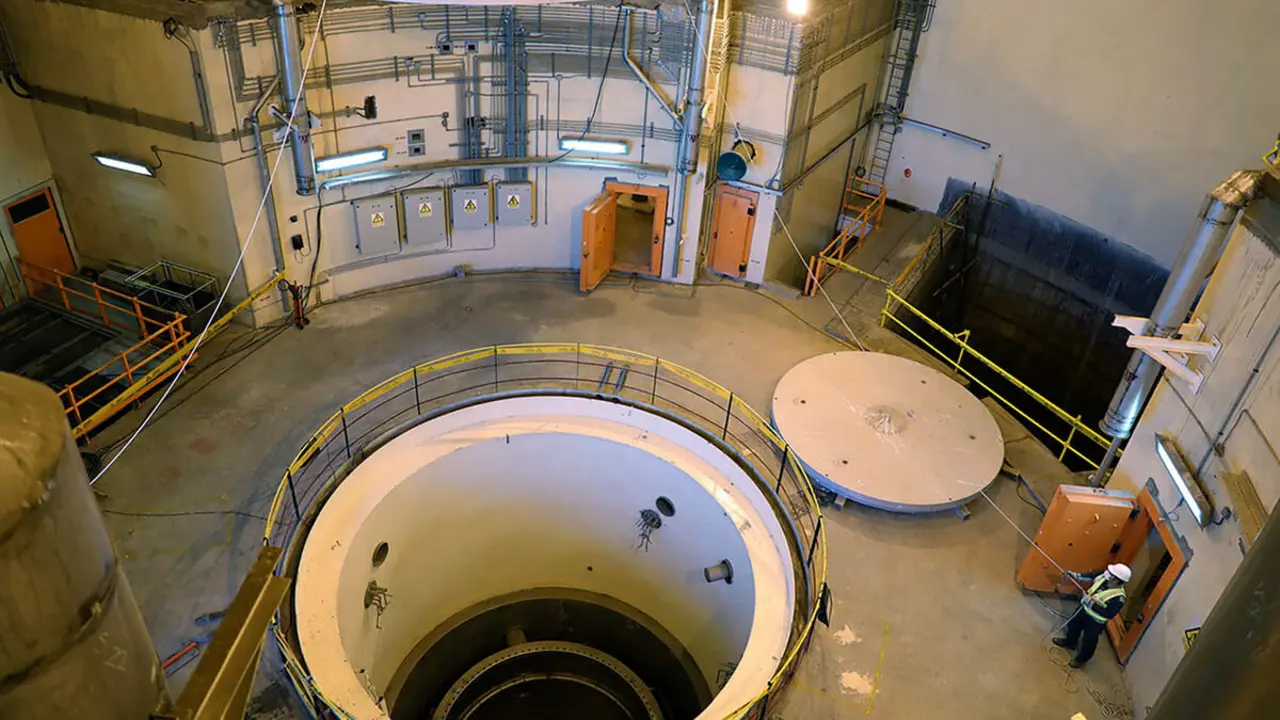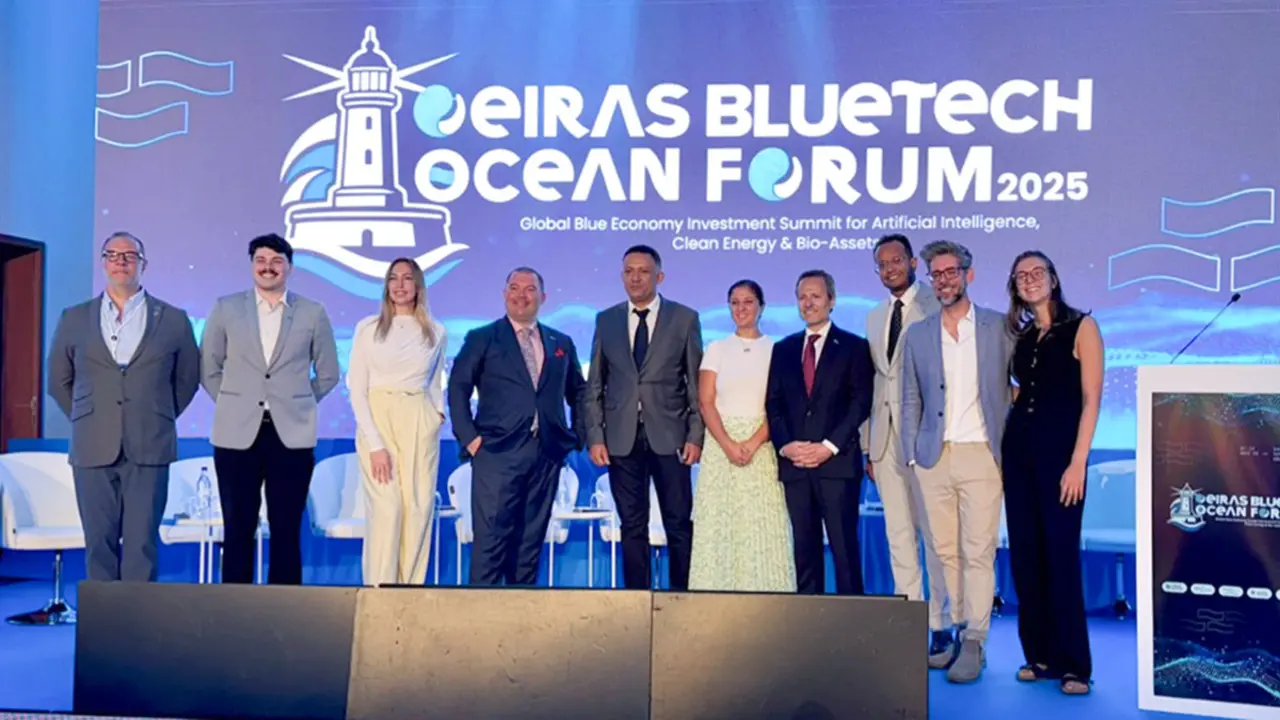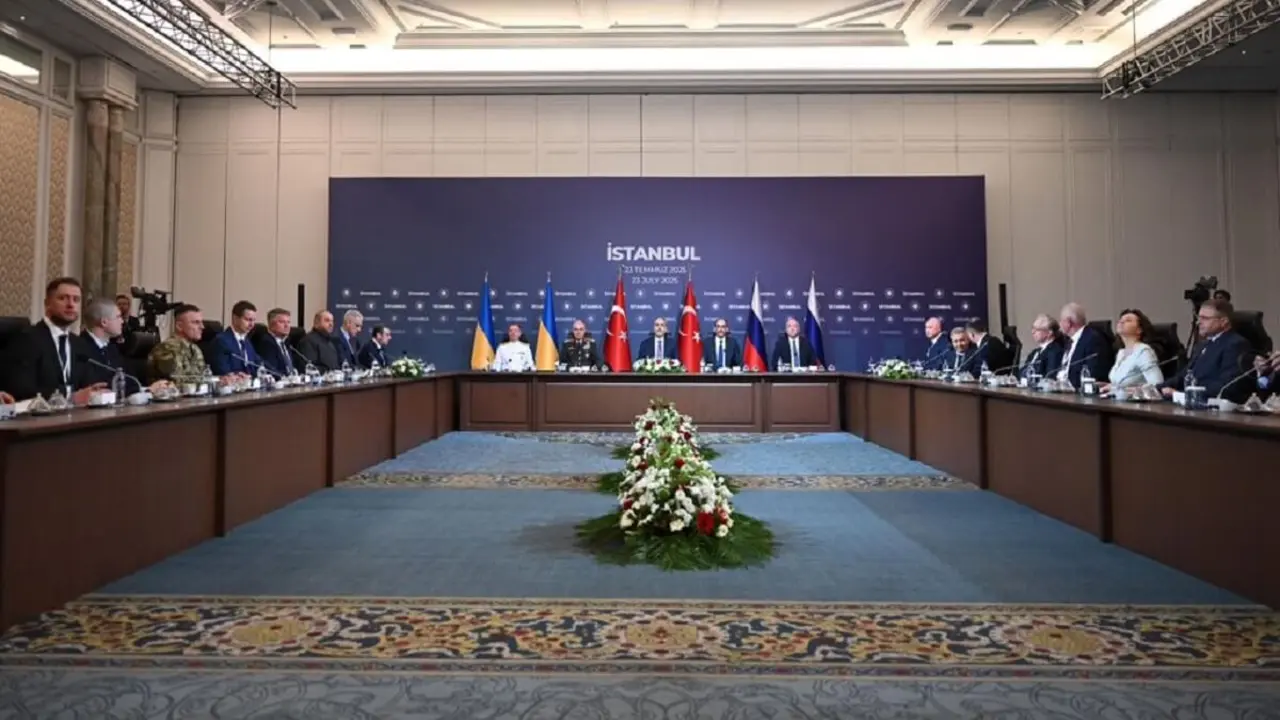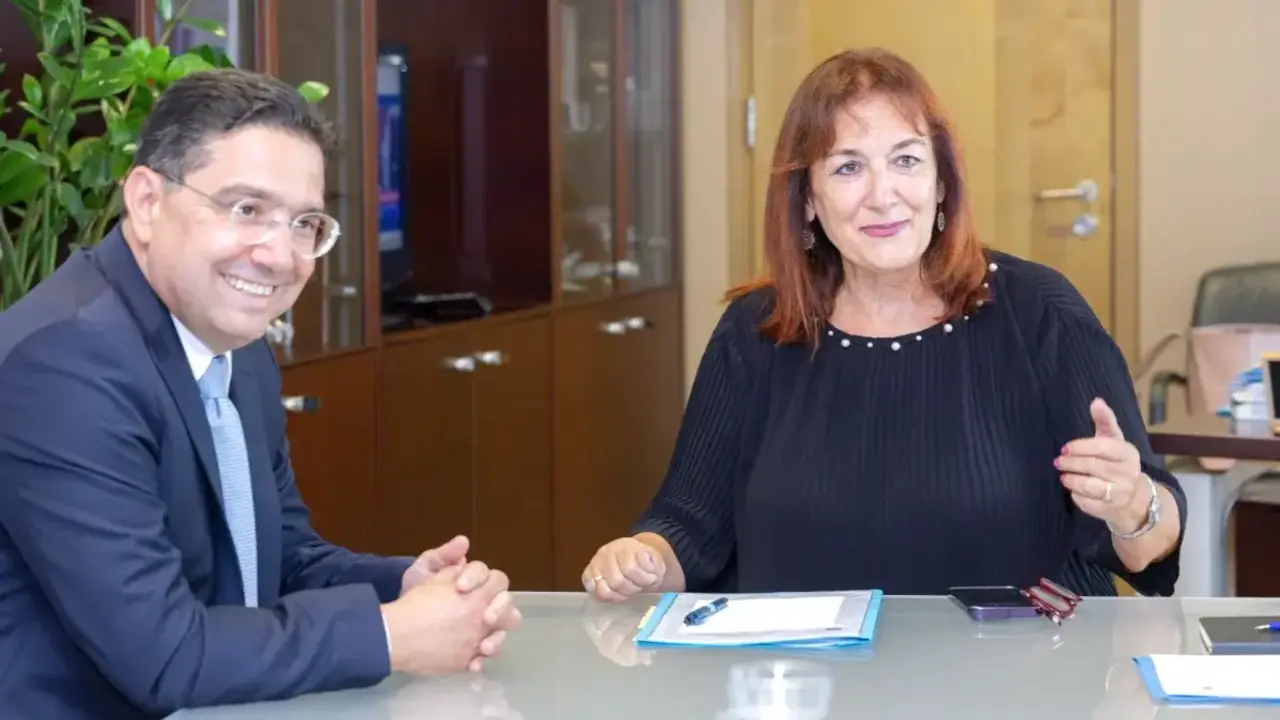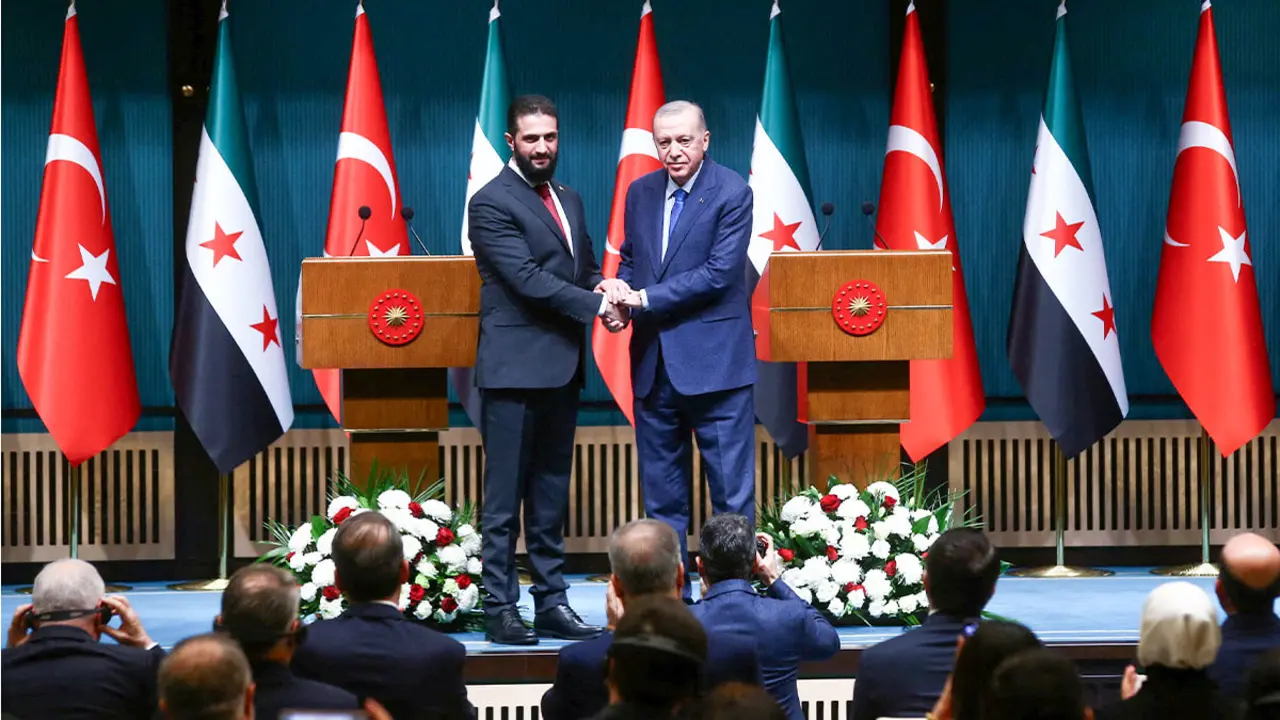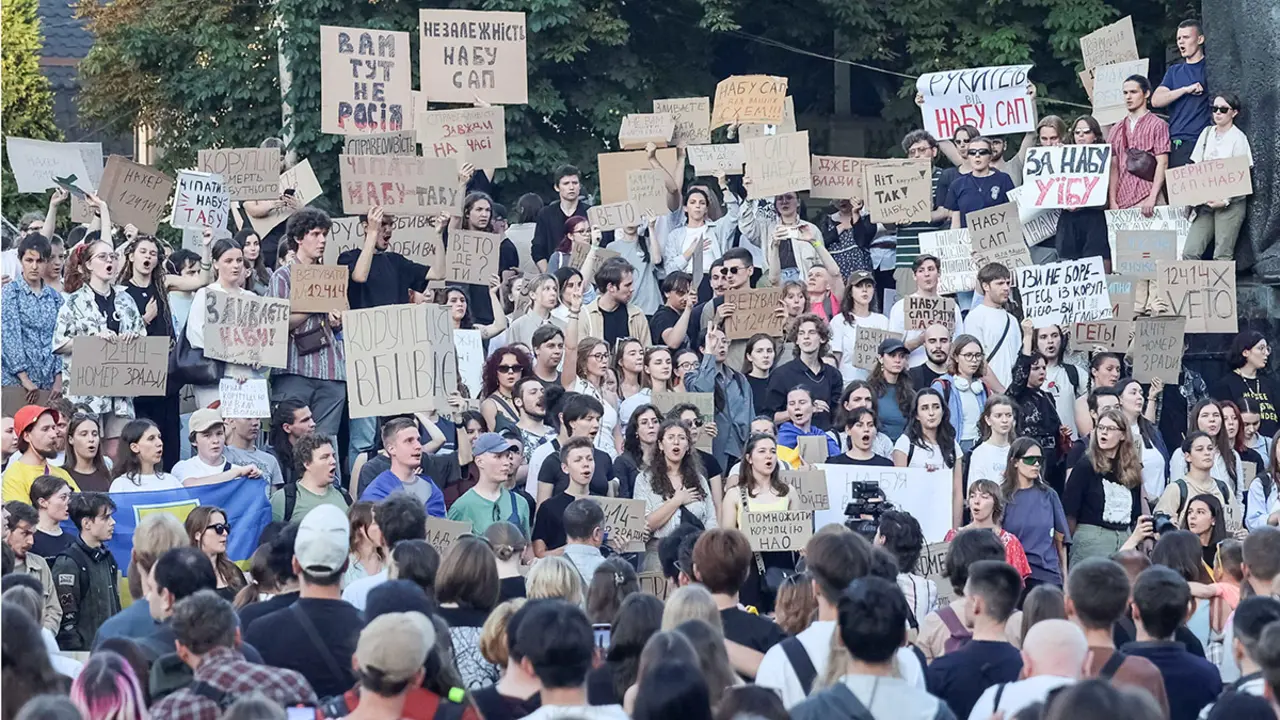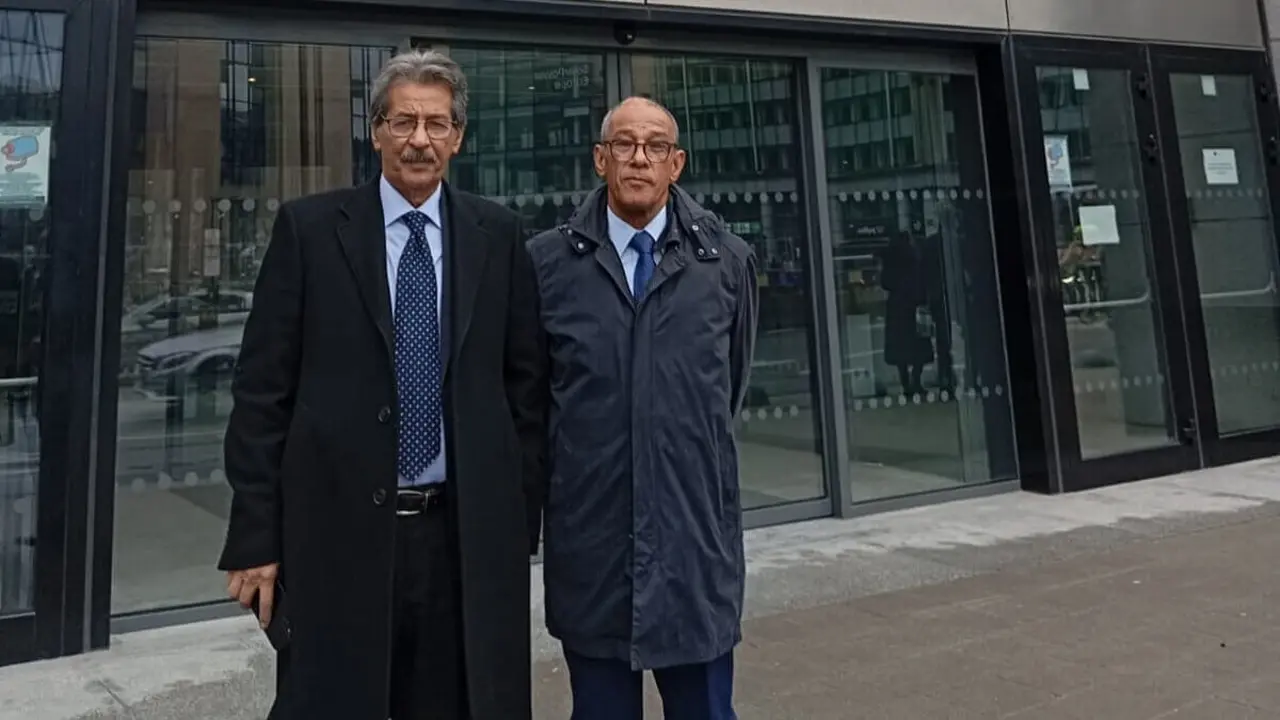González Laya claims to have reached a "turning point" in gas drilling in the eastern Mediterranean
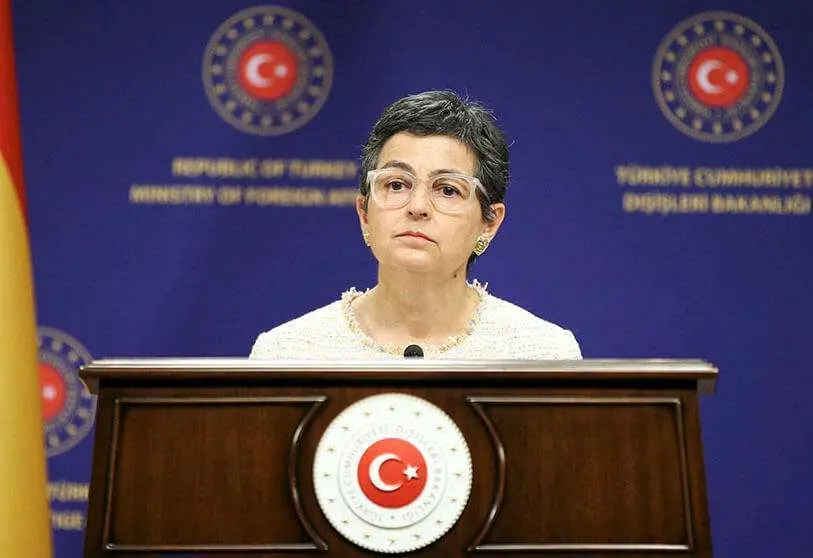
"We have reached a turning point in the dispute over oil and gas drilling in the eastern Mediterranean Sea. These were the words used by Foreign Minister Arancha González Laya at a press conference after meeting her Turkish counterpart Mevlut Cavusoglu. Just a few hours later, the Eurasian nation announced its decision to halt "for a while" the search for gas and oil off the Greek island of Meis, according to the digital Middle East Online.
This region has always been a source of tension, as it is the gateway to the Red Sea through Egypt on the one hand and the gateway to Europe on the other. The discovery of large gas deposits by Israel, Egypt and Lebanon in 2009 poisoned the waters of the eastern Mediterranean. After discovering gas deposits in Cyprus, the Italian oil company Eni sent a ship to the region that was blocked by Turkey. The Turkish leader warned that he "would not allow any foreign company to threaten Turkey's interests" by causing the boat to be withdrawn. Since then, tensions between Greece, which supports Cyprus, and Turkey have been constant. Recent moves by Ankara have led Paris and Athens to call for sanctions against the country led by Erdogan, while Berlin has warned Ankara to stop "provocations". For its part, Turkey has responded by claiming that it is doing nothing against international law.
"We have reached some turning point mainly in the drilling in the eastern Mediterranean and this was thanks to a useful dialogue with Mevlut to reduce existing tensions," said Minister Gonzalez Laya in statements reported by Reuters news agency. "I believe that their willingness to stop exploration for at least a month to make room for dialogue between the parties is a sign of confidence," she added. Although at the time the Turkish foreign minister did not report his intention to temporarily stop gas exploration, Ankara decided to suspend the search for oil by one of its ships off a Greek island.
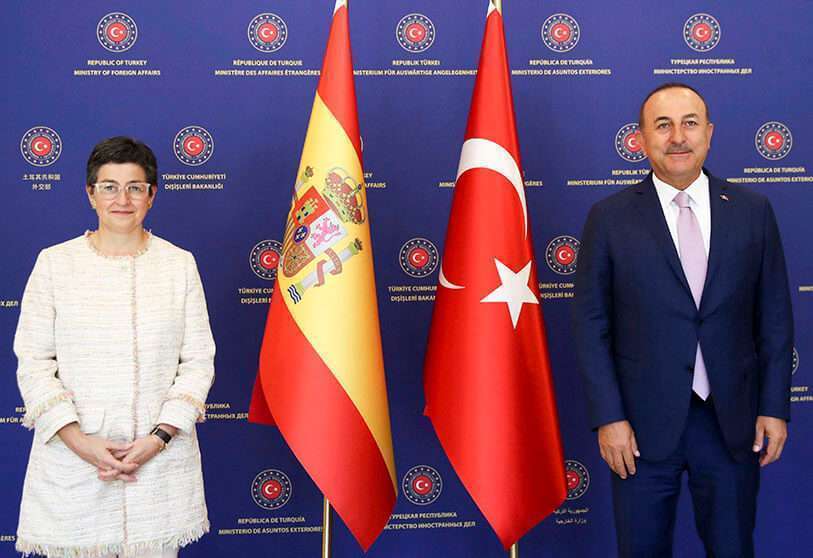
The Turkish ship Oruc Reis planned to search for oil "180 kilometers (110 miles) from the island of Meis (Kastellorizo in Greek)," presidential spokesman Ibrahim Kalin told the private radio station CNN-Turk on Tuesday. "Our president has told us that while the negotiations continue, we should be constructive and maintain (the search for energy) for a while," he said, according to Ahval News. During her visit to Turkey, the foreign minister tried to ease diplomatic tensions in the eastern Mediterranean. In response, the Turkish minister showed his intention to "initiate a constructive dialogue" with its neighbours in the Mediterranean in order to achieve a "climate of confidence" between the EU and the Eurasian nation.
During their meeting, both ministers analysed the situation in the Libyan conflict. "The ideal way is to resume the negotiation process begun last January during a multilateral conference in Berlin". Even so, there have been disagreements over the application of the arms embargo imposed on Libya. Another issue on which the two chancellors have expressed their differences has been the conversion of the mosque in Hagia Sophia. "It is important for Spain to maintain the spirit of this monument which is a common home for Orthodox Christians, Catholics and Muslims, and represents the heritage of humanity," said the Foreign Minister. Her Turkish counterpart responded by stating that "if she (referring to the minister) refers to a common house to preserve Hagia Sophia as a place that is cultural heritage of humanity with all its characteristics and that is open to all. This is fine. But if she refers to Hagia Sophia, which was converted into a large mosque, it will remain a place where other faiths can also pray, we do not agree with that".
On the other hand, the two ministers announced their decision to give a boost to the economic and commercial relationship between the two nations. "Turkey is an important country for Spain in terms of foreign investment," stressed the Spanish minister, who also added that a "world business forum" will be held between the two countries with the intention of improving "investment and trade".
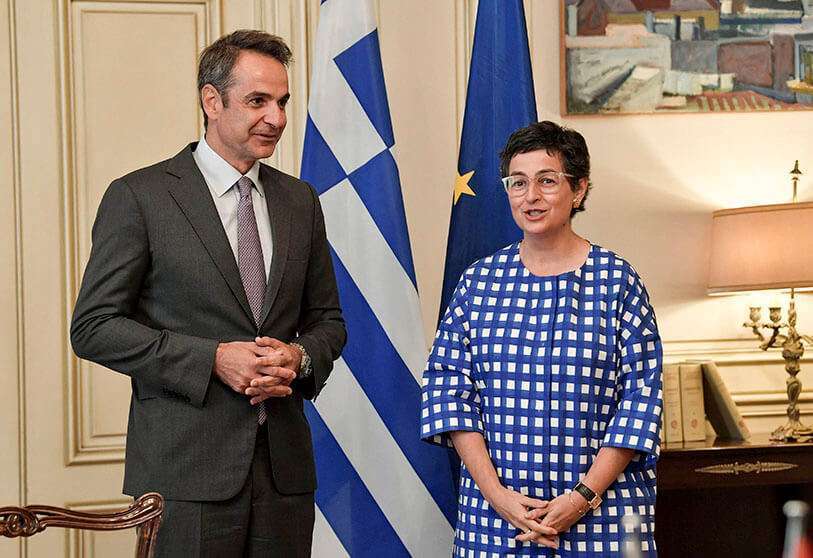
González Laya travelled to Greece on Tuesday, where he stressed that Spain is a "safe country" and insisted that countries like the UK and Germany should rely on epidemiological figures when making certain decisions. "I insist, Spain has its situation under control. In those places where there is a higher prevalence of coronavirus there are clearly a number of European Union member countries that are recommending against travel to these areas. This is normal because also in Spain the recommendation is not to travel to areas with a higher prevalence of COVID-19", he has stressed in statements collected by the agency EFE.
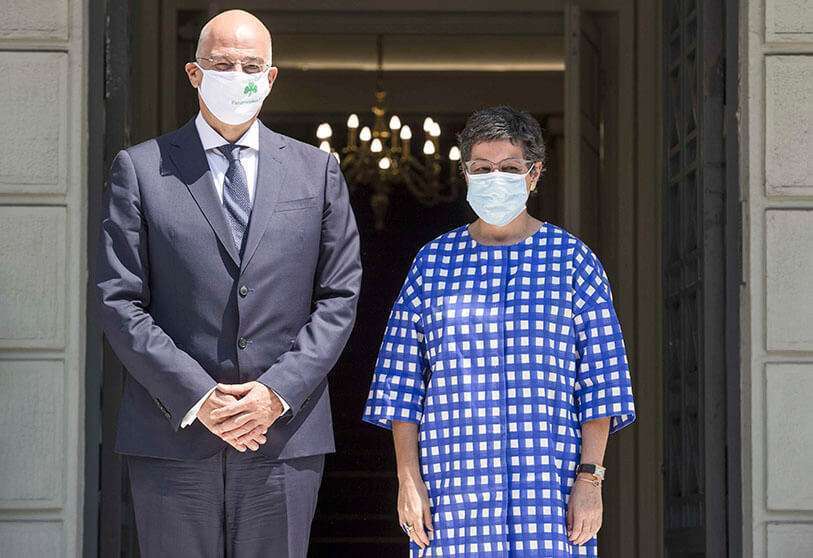
The minister made these statements during a press conference with Nikós Dendias, the Greek Minister of Foreign Affairs. "Both leaders have addressed the close bilateral relations between Spain and Greece and current issues on the agenda of the EU and the international scene," stressed the Ministry that leads through the social network Twitter. At this meeting, the Foreign Minister assured that she hopes that the willingness of her Turkish counterpart to open a dialogue on oil extraction in the Eastern Mediterranean will be followed by a "real dialogue".

